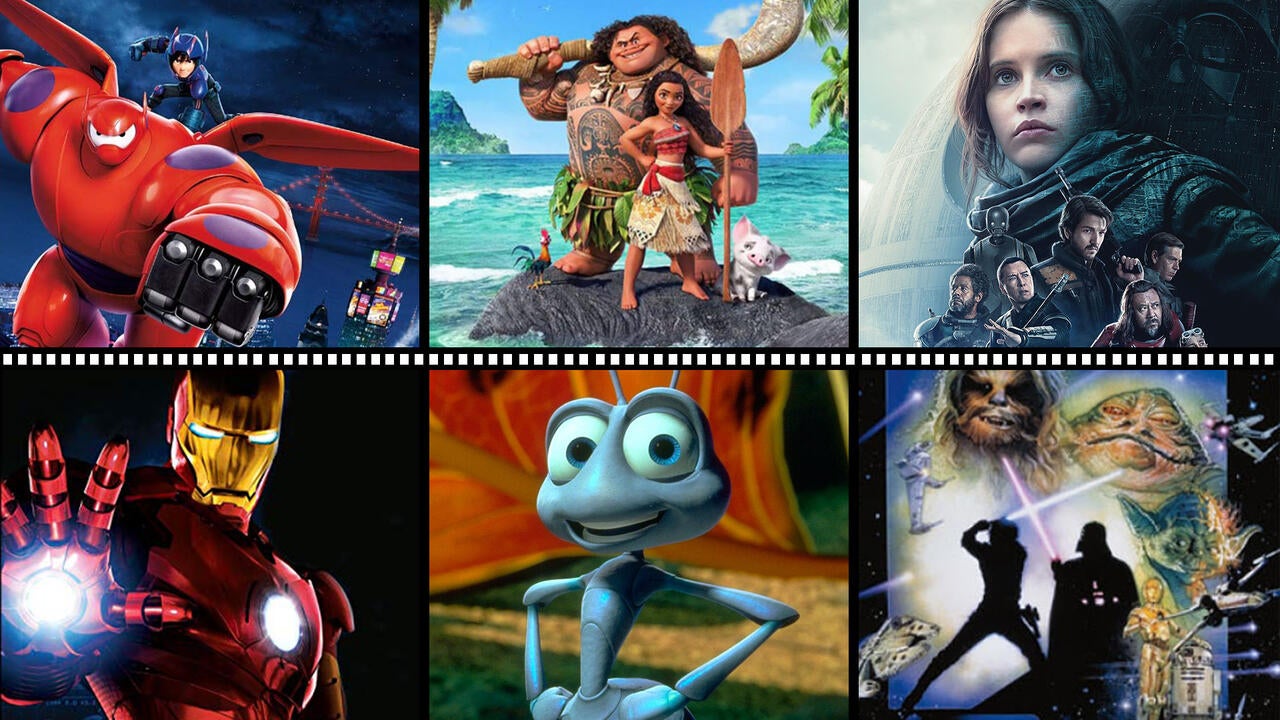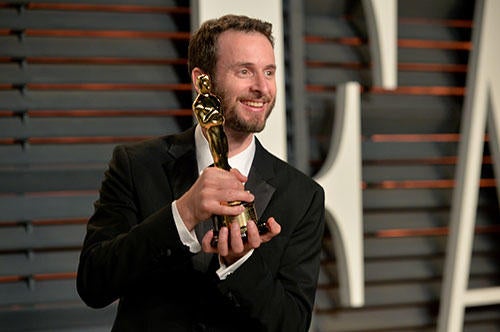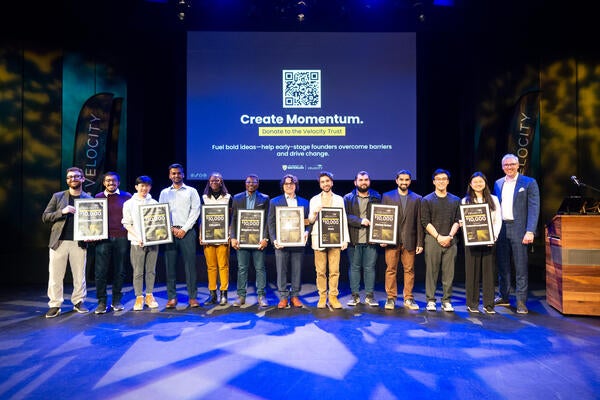
Waterloo’s Oscar winners
Meet three incredible alumni who received Academy Awards for their contributions to the film industry.

Meet three incredible alumni who received Academy Awards for their contributions to the film industry.
By Anne Lytle Office of AdvancementWaterloo alumni make their mark on Hollywood with their creativity and technical innovation.
Take a peek into the world of filmmaking and see why these graduates were recognized with Oscars for their achievements.
Mike Jutan (BMath ’07) won an Oscar in 2018 for co-developing software for George Lucas’s visual effects studio, Industrial Light & Magic. You might have seen his work in the special effects of Iron Man, recent Star Wars movies or other smash hits.
Fun fact: Mike’s desk holds an incredible range of Pixar collectibles. Check them out!
A man of many talents, Chris Williams (BA ’91) is an animator, film director, screenwriter and voice actor. He co-directed several films that received Oscar nods, including Disney’s Bolt, Big Hero 6 and Moana. Big Hero 6 won the Oscar for Best Animated Feature in 2015.

Tom Duff (BMath ’74) is a Senior Research Scientist at Pixar who specializes in computer graphics and animation. Over the course of his career, he's produced visual effects for beloved films like Return of the Jedi and A Bug's Life. His contributions to motion picture science and technology have earned him two Academy Awards.


Read more
More than 20 founders from Waterloo highlight the newly unveiled list that celebrates those making the biggest impact inside Canadian tech and innovation

Read more
The Kitchener-Waterloo Oktoberfest Rogers Women of the Year awards recognize leaders for outstanding community contributions

Read more
From non-invasive health care solutions to sustainable construction material and AI-driven coaching, the funding supports future-centric ventures
The University of Waterloo acknowledges that much of our work takes place on the traditional territory of the Neutral, Anishinaabeg, and Haudenosaunee peoples. Our main campus is situated on the Haldimand Tract, the land granted to the Six Nations that includes six miles on each side of the Grand River. Our active work toward reconciliation takes place across our campuses through research, learning, teaching, and community building, and is co-ordinated within the Office of Indigenous Relations.